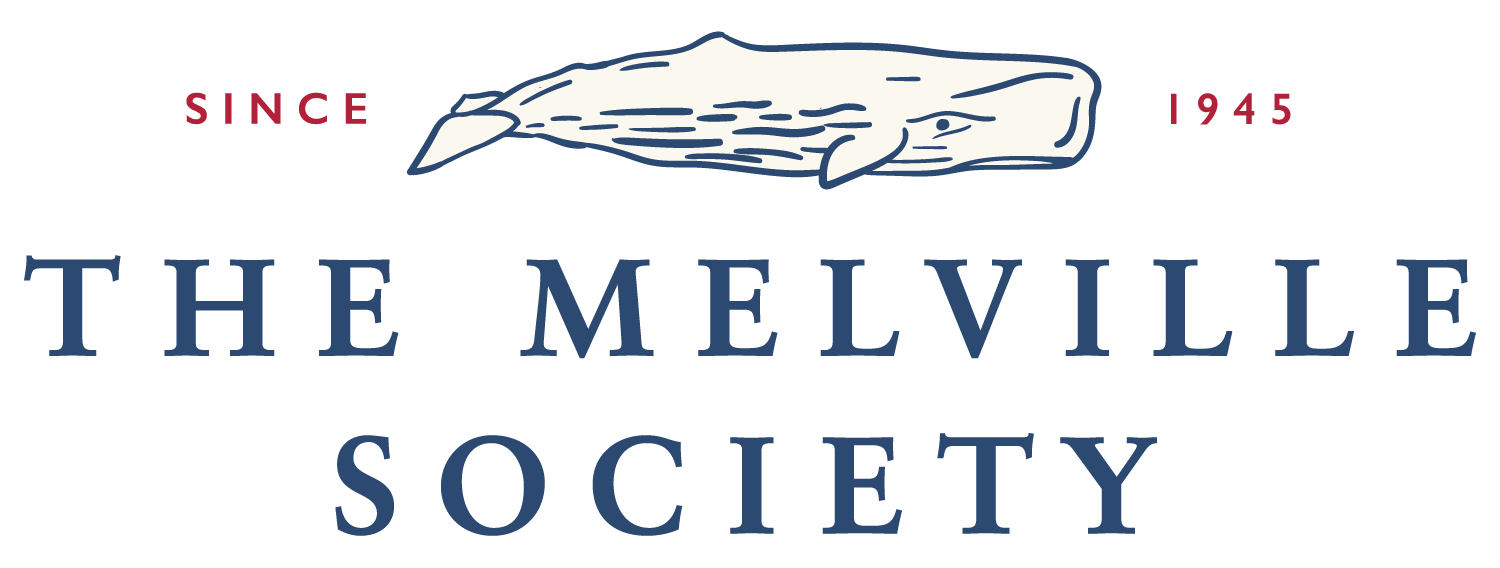2020 Hennig Cohen Prize Award
The 2020 Hennig Cohen Prize has been awarded to Édouard Marsoin, for his article, “‘No Land of Pleasure Unalloyed’: Economies of Pleasure and Pain in Melville’s Typee and Omoo,” which was published in J19: The Journal of Nineteenth-Century Americanists.
2020’s Honorable Mention goes to Kenyon Gradert for “Paradise Lost?,” the epilogue to his book Puritan Spirits in the Abolitionist Imagination.
This prize honors the memory of Hennig Cohen with an annual award for the best article, book chapter, or essay in a book about Herman Melville. The award is typically made in the year after the article or chapter was published.
The Hennig Cohen Prize Committee comments on this year’s winner and honorable mention:
We are pleased to announce that the Hennig Cohen Prize for 2020 goes to Édouard Marsoin for his article, “‘No Land of Pleasure Unalloyed’: Economies of Pleasure and Pain in Melville’s Typee and Omoo” which was published in J19: The Journal of Nineteenth-Century Americanists.
A compelling and original reading of “the links between economy and affect” in Melville’s early Polynesian novels, Marsoin begins by placing Typee and Omoo in the context of British classical political economists’ understanding of labor and its relationship to pain and pleasure. Where Marx understood labor to be measured through calculations of time, these economists measured labor and value through the amount of suffering and pleasure invested and gained in the production of goods. With this, Marsoin argues that the valley of Typee is not a pre-capitalist Eden free from the toils of “Civilization” (which is Tommo’s explicit fantasy), but rather a thriving alternative to capitalism, one governed by an “economy of pleasure” rather than pain, an economy in which “pleasures are maximized but neither deferred nor capitalized.” Marsoin achieves his astute analysis of Typee in part by bringing to the surface what the narrator is unable to fully apprehend, limited by his own primitivist imagination, which relies on the temporal logic of the racist, imperial project that Melville aims to reject. In his analysis of Omoo, Marsoin explores the destruction of Tahiti’s “economy of pleasure,” deepening his critique of imperialism, the economy of pain, and the developmental myth of capitalism as the mark of progress from primitive to civilized. As a whole, Marsoin’s article is tightly argued and beautifully written, providing a rare and engaging balance of astute, expansive theoretical and historical framing alongside careful, convincing close readings of narrative structure, character, and imagery.
The committee would also like to give an Honorable Mention to “Paradise Lost?” the short epilogue to Kenyon Gradert’s book Puritan Spirits in the Abolitionist Imagination. Gradert begins with an assessment of Battle-Pieces, and Melville’s clear-eyed rejection of post-Civil War American exceptionalism, seeing the conflict as instead “America’s fall from innocence.” This fall required reconciliation, but Gradert elucidates how Melville’s compelling vision was too focused on reconciliation between white citizens, “which hindered Melville’s sharp sensitivity to the war’s tragic dimensions.” Gradert concludes by putting Melville in conversation with Ralph Ellison’s Invisible Man, where he finds the bracing, compassionate jeremiad about America’s racial failures that Melville’s Battle-Pieces stopped just short of achieving.
Also, if anyone would like to have an article or chapter on Melville that was published in 2021 considered for the next Hennig Cohen award, please send it to hennigcohenprize@gmail.com.
